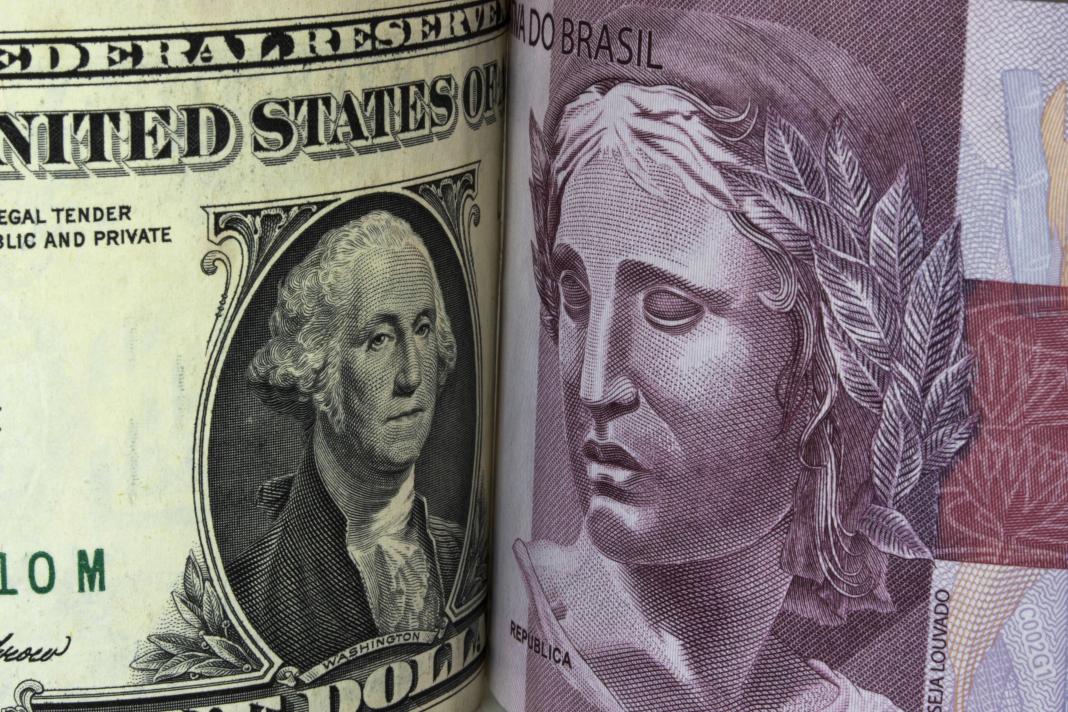RIO DE JANEIRO, BRAZIL – The dollar started the week in a firm rise against the real, amid the aversion to risk in international markets generated by the spread of cases of the Delta variant, which threatens the recovery of the global economy. The future interest rates, in turn, register slight movements and are around the previous adjustments.
Around 11 AM, the commercial dollar was up 1.43%, quoted at R$ 5.1883, after hitting R$ 5.2013 at the day’s maximum.

In interest rate futures, the rates were falling, in line with the low yields of ten-year Treasuries, which are approaching 1.20% at the moment, a level last seen in February, given investors’ demand for safe assets.
At the same time above, the rate of the Interfinancial Deposit (DI) contract for January 2022 went from 5.80% in the previous adjustment to 5.765%; the DI for January 2023 varied from 7.26% to 7.21%; the contract for January 2025 fell from 8.18% to 8.14% and the DI for January 2027 dropped from 8.60% to 8.56%.
The increase in cases in Asia and Europe of the most contagious strain of the coronavirus, the Delta variant, creates caution among investors who are withdrawing funds from variable income, and turning their money into safe assets such as government bonds, whose prices rise and yields fall in situations of increased demand.
On the Asian continent, the highlight was the 1.3% drop in the Tokyo stock market after reports of Covid-19 infections in the Olympic Village on the eve of the games’ opening.
In Europe, stock markets in London, Frankfurt, and Paris fell at least 2% amid the end of mobility restrictions in England despite the increased number of infections. Wall Street stock index futures, meanwhile, were down about 1%.
“The apparent success of vaccines in preventing more severe cases and deaths caused by the Delta variant of the coronavirus should mean that it does not pose a major threat to recovery in most advanced economies,” Neil Shearing, chief economist for emerging markets at Capital Economics, writes in a report to clients.
“However, the rapid spread of the variant poses a more significant threat to recovery in large parts of the emerging world, where vaccination rates are lower,” he weighs in.
Another factor that raises caution in the markets today is the drop in oil prices after the Organization of the Petroleum Exporting Countries (OPEC) and Allies reached an agreement to increase production of the commodity by 400,000 barrels per day starting in August. At the same time, prices for the WTI oil futures contract tumbled 3.84% to US$68.81.

